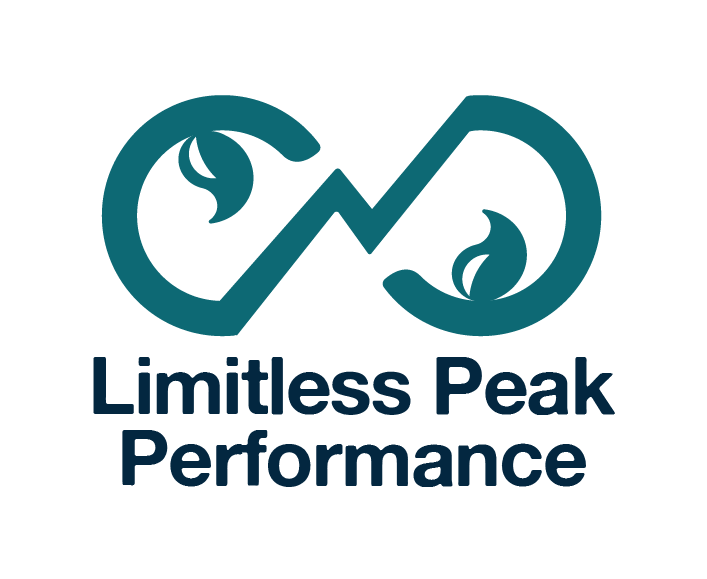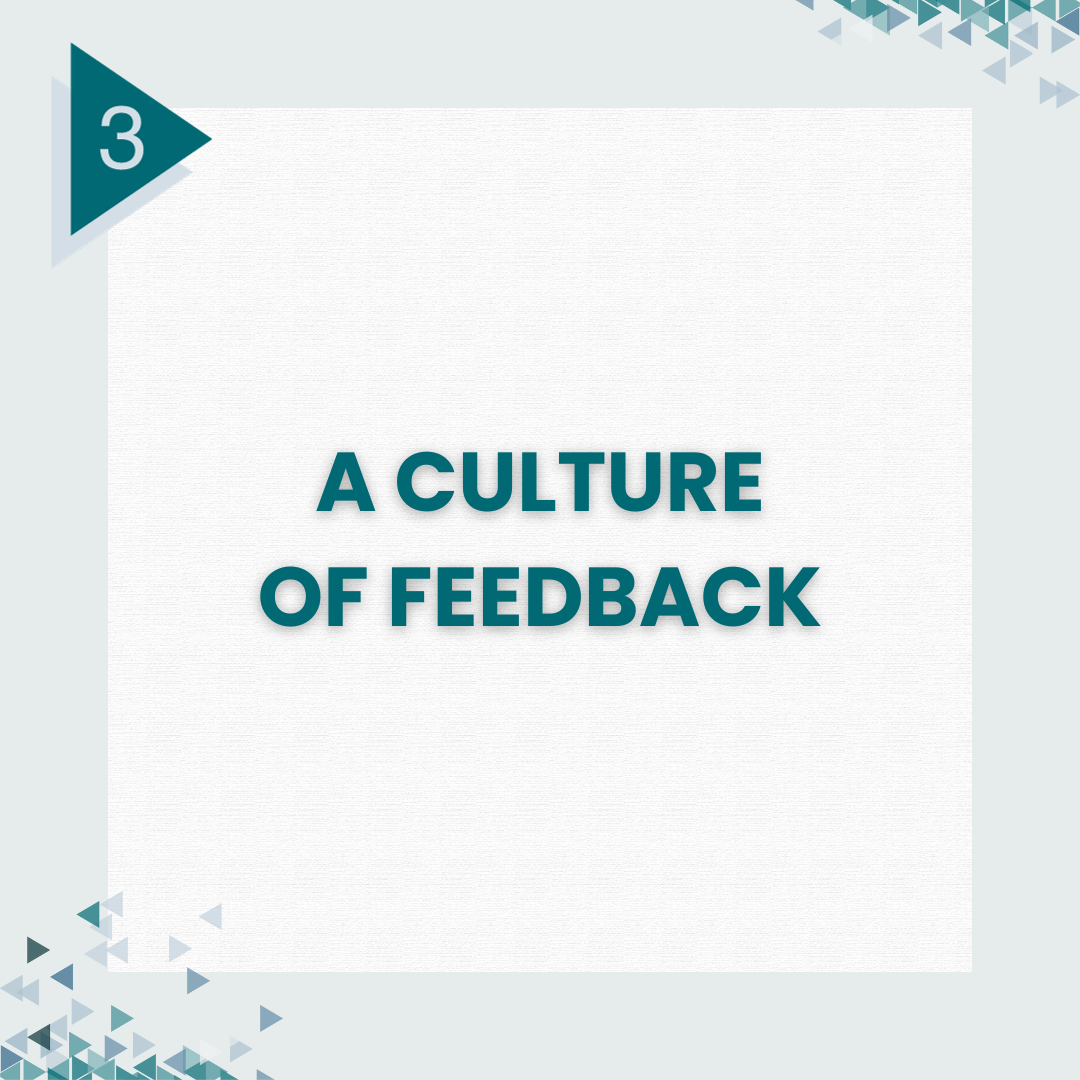
High Performing Teams
How do I know if I have a high-performing team?
It's safe to say that most business leaders share a common desire – achieving high performance for themselves and their teams. Yet, at times, despite investing in their teams by enhancing competencies and developing skills, the outcomes remain unchanged.
Have you ever wondered if your team has reached its peak performance or if there is something missing?
I’d like to share what sets high-performing teams apart and how to gauge if you have one.
I’ve outlined five signs that identify high-performing teams and pose some questions that will help you to truthfully answer: “Do I lead a high-performing team?”
If you’re unsure or answer no, don’t worry. It’s not a failure, and there is no judgement. This process is about supporting leaders to unlock their team’s full potential. Understanding your team’s performance and then pinpointing areas for improvement are the first steps to progress.
Join me as I share my five signs of high high-performing team and let’s discover if you have one or, where you need to focus to start strengthening your team.
Are you ready to uncover the truth about your team's performance?
Sign Number 1: Psychological Safety
Our first sign of a high-performing team is psychological safety.
But what does that really mean? Psychological safety is present when team members feel completely comfortable being themselves. When the environment enables sincerity, vulnerability, and risk-taking without fear of negative consequences.
Here is how you can tell if it’s present in your team:
✔ You have a high number of mistakes made (I know, weird right??)
In high-performing teams, mistakes are seen as opportunities for growth and learning.
✔ Your people feel safe to "mess up and 'fess up"
Honesty is valued more than perfection, and team members are willing to admit when they make mistakes, without fear of retribution.
✔ They feel like they belong, there are no cliques or "in groups/out groups"
Every member of the team is valued as a vital part of the team, their contributions and they have a sense of belonging.
✔ They put forward their ideas – even the half-baked ones…Especially the half-baked ones.
Innovation thrives when team members aren't afraid to share their thoughts.
✔ They tell you your ideas are naff and make suggestions on how to achieve the same outcome, only better!
Constructive criticism is encouraged, leading to the best possible results.
If you agreed with all those statements, congratulations! Your team has strong psychological safety. However if any of these feel lacking right now, don’t worry. Recognising where there is room for growth is an important first step. You’ve identified psychological safety as an opportunity area.
Sign Number 2: Full Engagement
The second sign of a high-performing team is full engagement.
This means that team members are motivated and committed to their work and team. They proactively drive exceptional performance and are dedicated to shared goals.
Here is how you can recognise if you have strong engagement:
✔ Your team give their discretionary effort… freely!
In high-performing teams, members go above and beyond, investing their discretionary effort willingly.
✔ They don’t ask for more money all the time
Team members aren't always seeking financial incentives because they're motivated by more than just money.
✔ There are regular conversations about career development
High-performing teams prioritise growth discussions, ensuring team members' career development is a top priority.
✔ They have a say in decisions that impact them
Team members are invited to actively participate in big business decisions that affect them.
✔ There is a sense of autonomy, mastery, and purpose
High-performing teams feel empowered to make decisions, strive for mastery, and are driven by a clear sense of purpose.
✔ You can leave them alone, and work gets done!
Trusting teams can operate independently, and tasks are completed even when you're not looking over their shoulders.
Is your team fully engaged? If you’ve agreed with all of these, then it sounds like they are. That’s fantastic. You’re on your way to having a high-performing team. But don’t despair if your team aren’t fully engaged. This gives you something to work on, and acknowledging that is a step in the right direction.
Sign Number 3: A culture of feedback
A culture of feedback is the third sign of a high-performing team.
If there is a culture of feedback in your team giving, receiving and actively using feedback are an embedded part of how you work and are highly valued. Rather than happening occasionally, feedback is part of your team’s daily routines.
Here are some ways to tell if you have a culture of feedback:
✔ Your team offer feedback freely and fearlessly
In high-performing teams, team members share feedback without the fear of retribution.
✔ They actively seek feedback… and they mean it!
Your team members aren't shy about requesting feedback, and they act on it, demonstrating a genuine commitment to growth.
✔ There is open-mindedness about feedback, not defensiveness
High-performing teams welcome feedback with open arms, avoiding defensiveness and creating constructive dialogue.
✔ People talk about having a growth mindset
In a culture of feedback, team members discuss and embody the concept of a growth mindset. They believe in the power of learning and improvement.
✔ You hear expressions like 'There Is no failure, only feedback'
In high-performing teams, mistakes are seen as opportunities to learn and grow. This supports a resilient mindset.
✔ Meeting agendas include reflection and learning opportunities
High-performing teams make room for reflection and learning during meetings, valuing continuous improvement.
Does this sound like your team? If it does, then it sounds like you have a healthy culture of feedback. If some of these dynamics feel lacking the good news is that you have identified an area for growth.
Sign Number 4: Willingness to Challenge
The fourth sign of a high-performing team is a willingness to challenge.
A willingness to challenge means that your team members feel safe to engage in constructive debate and air their disagreements openly. Rather than avoiding conflict, they lean into it through courageous collaboration.
Here are some signs that your team have a willingness to challenge:
✔ Problems are aired and resolved before they get ugly
In high-performing teams, issues are brought to the surface and addressed before they escalate.
✔ Conflicts are resolved amicably
High-performing teams excel in resolving conflicts peacefully. This results in in minimal grievances or little need for mediation.
✔ Collaboration prevails
Team members prefer working together to find solutions rather than resorting to avoidance, accommodation, compromise, or competition.
✔ Your team are open to considering alternative points of view and perspectives
High-performing teams value diverse perspectives, encouraging team members and exploring alternative viewpoints.
If your team has these qualities, they demonstrate a willingness to challenge and you're on the right path to having a high-performing team. If not, remember that identifying this as an area of opportunity gives you something tangible to work on. It’s a step forward.
Sign Number 5: Diversity of Thought and Decisions
The fifth and final sign that sets remarkable teams apart is the presence of diversity of thought and decisions.
This means actively bringing together, valuing and including a mix of perspectives, backgrounds, work styles and identities on the team.
Here are some ways that you can determine if your team demonstrates diversity of thought and decisions:
✔ People speak about their unique contribution with pride
In high-performing teams, individuals celebrate their distinctive contributions, recognising the strength in their differences.
✔ You've completed assessments that explore and celebrate difference
High-performing teams often engage in assessments that highlight and appreciate individual differences. Examples include Insights, coActing and GC Index.
✔ Teams are deliberately constructed to take advantage of differences
In these teams, the composition is thoughtfully planned to leverage the benefits of diverse perspectives, experiences, and backgrounds.
✔ A glance around the office reveals diversity
When you look around, you see a diverse mix of team members, reflecting a commitment to inclusivity.
✔ Diversity and difference are at the core of your people strategies
High-performing teams prioritise diversity and difference, integrating them into their strategies and practices.






